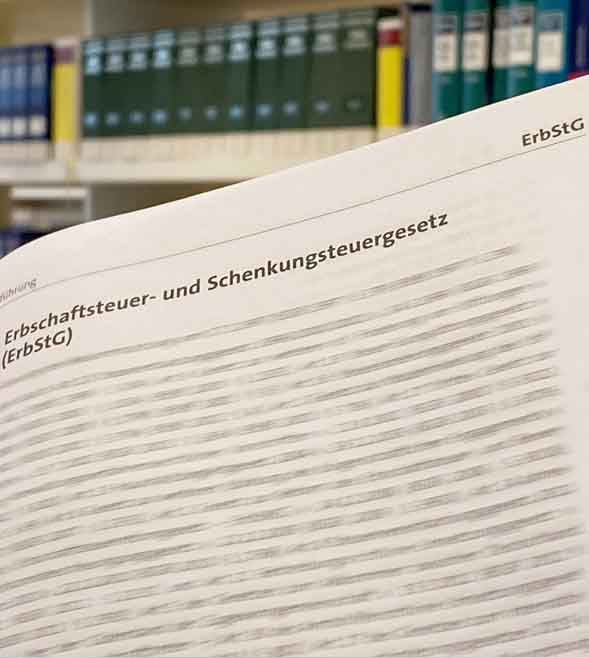
IT 45781
In this case, the Taxpayer appealed against the additional assessment issued by the Commissioner for the South African Revenue Service (SARS) pertaining to its income tax return for the 2013 year of assessment. In raising additional assessment, SARS disallowed the deduction of advance payments amounting to R1.737 billion on the basis that they do not meet the requirements of section 11(a).
The facts of the case are briefly as follows:
The Taxpayer entered into a contractual business arrangement with the foreign supplier in terms of which the Taxpayer purchased from the foreign supplier the PGM-bearing material to extract PGM. The Taxpayer was required to pay the purchase price for each delivery on the settlement date after refining the materials. The purchase price for the materials became quantifiable and payable when refined metals emerged from the “pipeline, some five months after delivery date had elapsed. The taxpayer was required to make advance payments that will be used to reduce the purchase price of the materials once the price becomes quantifiable.
Legal issue:
The court was called upon to consider whether the advance payments were in substance loans, as SARS contended, or pre-payments or advanced payments in respect of the purchase price for PGM-bearing materials as contended by the taxpayer.
Taxpayer’s arguments:
The Taxpayer argued that the advance payments made by it to its foreign supplier of PGM-bearing materials, in terms of the relevant (initial and subsequent) agreements, properly interpreted, were payments in advance or part-payments in respect of the purchase price of the unrefined PGM-bearing materials purchased by it, and constitute expenditure incurred in the production of income, thus ,qualify for tax deductions. The taxpayer’s main contention was that the payments were explicitly structured and intended by the parties to be advance payments or part-payments towards the eventual purchase price of the PGM materials supplied by a foreign supplier.
SARS’ Arguments:
SARS argued that the so-called “advance payments” made by the Taxpayer to its foreign supplier under the various agreements were not actually advance payments or part-payments for the purchase of unrefined PGM-bearing materials but were in substance capital loans.
SARS noted that the subsequent agreements expressly acknowledged, recorded and disclosed the outstanding amounts as “loans” that needed to be repaid by foreign supplier to the Taxpayer with interest, further indicating the true nature of the payments.
The Taxpayer, as noted by SARS, recorded and disclosed these advanced payments as loan accounts in its own Annual Financial Statements (AFSs). This further demonstrates, according to SARS, that the parties themselves recorded and disclosed the advance payments as loan accounts.
Court decision:
The court considered and interpreted various agreements entered into between the Taxpayer and the foreign supplier. The court concluded that the loan obligation was created with subsequent conduct of the parties involved.
The court found that advance payments were converted into long term loans with specific repayment terms, which attract interest.
As a result of the subsequent conduct of the Taxpayer and foreign supplier, the court concluded that the advance payments were loans, not pre-payments or advanced payments in respect of the purchase price for PGM-bearing materials, thus not deductible for income tax purposes.
The Taxpayer’s appeal was dismissed accordingly, and SARS’ additional assessments confirmed.






